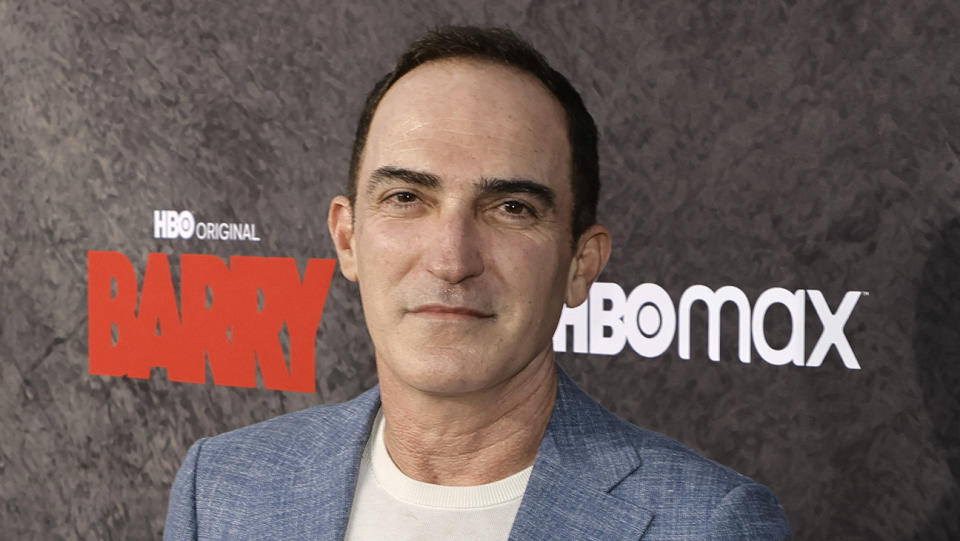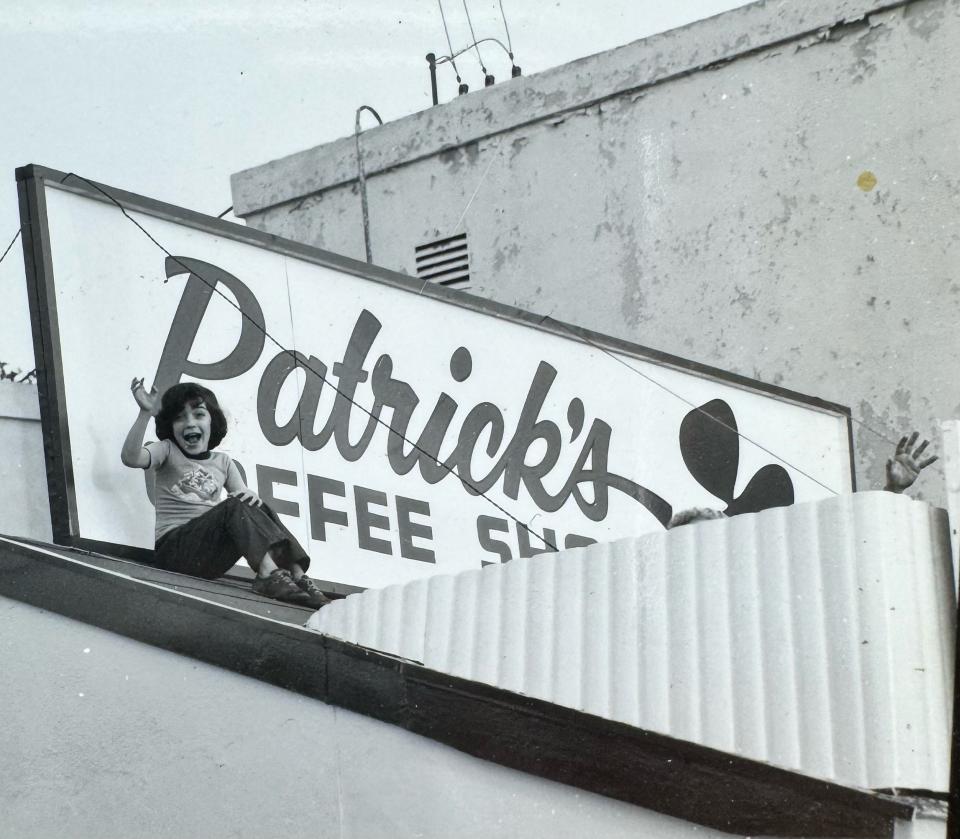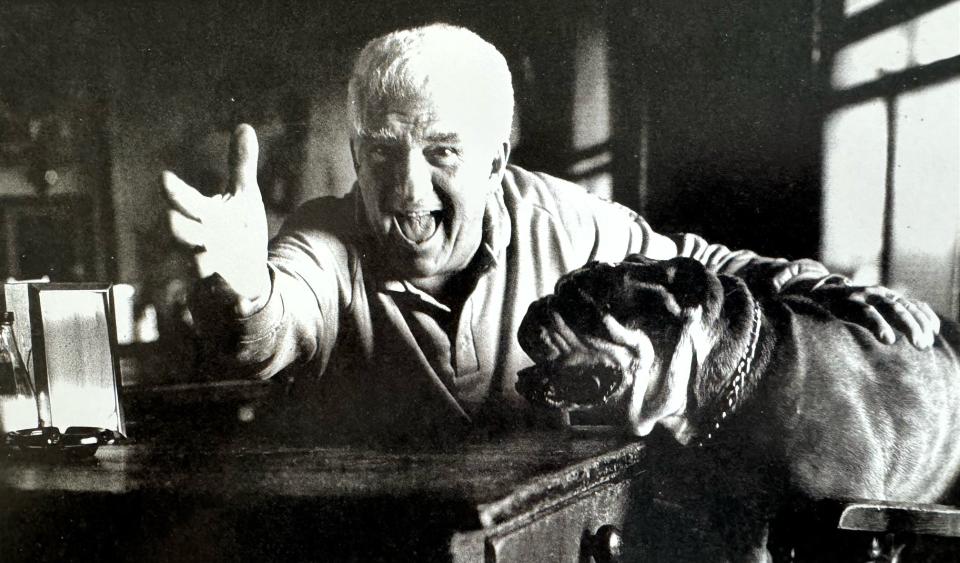Patrick’s Roadhouse Is Closing: Its Namesake Actor Mourns the Loss
- Oops!Something went wrong.Please try again later.

Los Angeles’ iconic seaside diner Patrick’s Roadhouse at the edge of Pacific Palisades may have slung its last hash brown.
Amid a long-term lease negotiation, and after the financial battering of the pandemic, the half-century-old restaurant just off Pacific Coast Highway, known for its bright green exterior and kitsch décor, is attempting to raise $250,000 for back rent and building improvements as it holds discussions with potential new business partners about the possibility of a return.
More from The Hollywood Reporter
While off the radar of industry cognoscenti in recent years, it had long been an unpretentious lure for A-listers like Johnny Carson, Sean Penn and Lucille Ball as well as execs including Jeffrey Katzenberg and onetime Paramount Pictures president Ned Tanen. Its most important Hollywood connection, though, may be its namesake: the seasoned character actor Patrick Fischler, son of the original owner Bill Fischler, who has since died.

Fischler, best known for portraying the insult comic Jimmy Barrett on Mad Men, spent weekends there during his childhood, then waited tables as a teen and again after college. “It’s been a way of life,” he says, “and even after I became an actor, it followed me. I’ll be on set and people will approach me: Are you that Patrick from the Roadhouse? It’s like, yeah!” He adds that it’s been remarkable to see his family’s homey restaurant age into that rarest of local phenomena, a still point in the turning world. “There are not that many places that make you feel that way. We’re talking about Philippe’s and The Apple Pan.” (For many, Fischler’s most indelible scene performance, as doomed dreamer Dan in David Lynch’s L.A. classic Mulholland Drive, took place at a retro diner.)
The restaurant’s discordant look became part of its unpretentious appeal. Its roofline features a miniature Statue of Liberty as well as statues of Sherlock Holmes and a Tyrannosaurus rex, while its interior is likewise oddball, a mix of seemingly random portraiture and quirky memorabilia, like an ascot preserved under glass that is said to have been worn by Clark Gable in Gone With the Wind. “The ambiance is unlike anything else around,” attested regular Jim Wiatt, then the chair and chief executive at William Morris (predecessor to today’s WME), to the Los Angeles Times in 2007.

The aesthetics were, Fischler explains, the result of Bill’s irrepressible eclecticism. “He was a nonstop antique store guy,” he says. “There was no rhyme or reason. If he loved something he’d buy it and just put it up, sometimes furniture on the walls. He kept buying but the Roadhouse could only fit so much.”

The Roadhouse has appeared twice on Guy Fieri’s Diners, Drive-Ins and Dives and was the subject of a sly joke in Point Break when Keanu Reeves’ Johnny Utah observed that Road House alum Patrick Swayze’s Bodhi had recently lunched there. It hit its cultural zenith in the 1980s when it was an easygoing hangout for the likes of Ali McGraw, Elliott Gould and Farrah Fawcett — just as Fischler was busing those tables. “Getting to meet these people was incredible,” he says. “I mean, Goldie Hawn would be in! I can still see her there. That’s one of the biggest memory locks.
“I can’t really describe what it was like there in the ’80s — that energy. There was a line around the block. It was a show, especially with my dad out front, making jokes and singing opera.” He adds, “Los Angeles is a city that’s based on fads. And the Roadhouse turned out to be something that wasn’t.”
Best of The Hollywood Reporter

